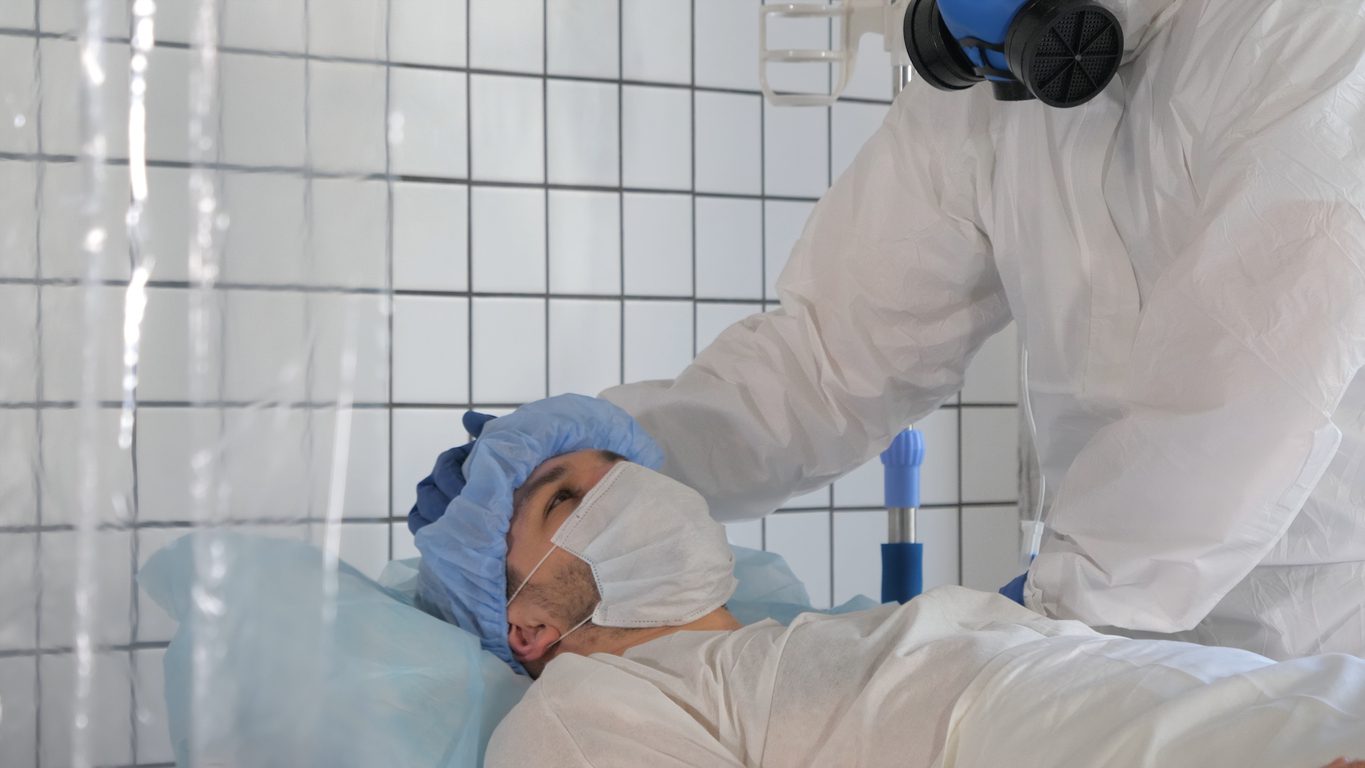By Christopher Johnston MD ABPM-ADM, chief medical officer for Pinnacle Treatment Centers and medical director at Pinnacle’s New Jersey programs
There are many different types of drugs and illegal substances out there, and one of the most dangerous is the fentanyl drug, a synthetic opioid most commonly prescribed for pain relief after surgery. It is often found in the forms of lozenges and patches and can be 100 times more potent than morphine.
If you do use fentanyl legally for pain relief, it’s essential to know the source. Fentanyl drug deaths have been on the rise in the past decade, many caused by the drug being illegally manufactured and sold in drug markets. Additionally, the fentanyl drug is often mixed with heroin, cocaine, and marijuana without the buyer’s knowledge, creating an often deadly concoction.
Fentanyl is highly addictive and deadly. If you or a loved one is addicted, seek treatment from Pinnacle Treatment Centers.
How Does Fentanyl Work?
Fentanyl binds to the body’s opioid receptors and changes the way the brain responds to pain. It also affects emotions and alters how a person feels, resulting in extreme happiness, relaxation, and even sedation.
Fentanyl can cause a lot of negative effects to the body as well. They include:
- Drowsiness
- Fatigue
- Nausea
- Constipation
- Confusion
- Difficulty concentrating
- Tightness in the throat
- Dry mouth
- Sweating
- Itching
- Breathing difficulties
When taken frequently, the drug can lead to dependence and addiction, which can eventually cause a loss of consciousness, brain damage, coma, and death. Even if you follow a prescribed dose for the fentanyl drug, tolerance can still occur. This means you will need more and more of the drug to see the effects. The doctor will generally taper the patient off the drug and replace it with a less addictive medication when this happens.
Speaking of tapering, a user should not suddenly stop using fentanyl. You’ll want to stop gradually to reduce the effects of withdrawal. Symptoms of fentanyl drug detox or withdrawal include the following:
- Runny nose
- Joint or muscle pain
- Difficulty sleeping
- Excessive yawning
- Enlarged pupils
- Anxiety
- Moodiness
- Loss of appetite
- Vomiting
- Diarrhea
- Changes to breathing and heart rate
Treatment Options
A person suffering from a fentanyl drug overdose will need emergency treatment. Naloxone is a drug that can reverse the effects of fentanyl. However, the drug is very potent, so multiple doses of naloxone may be necessary.
Fentanyl overdose symptoms include:
- Pinpoint pupils
- Very limp body
- Blue or gray lips, fingernails, and skin
- Slow or erratic pulse
- Choking sounds
- Unresponsiveness or unconsciousness
If a person has a moderate or severe fentanyl addiction, long-term medication and counseling are the most effective treatments. An inpatient program might be needed for people with unstable housing and is supervised by professionals who monitor the patient for withdrawal symptoms and help create the most effective treatment plan. This plan may include medications to reduce cravings, such as Suboxone® or depot naltrexone shots (Vivitrol®).
Once the person has cleansed the fentanyl drug from their system and their health has stabilized, they can move on to other forms of treatment. Therapy and support groups may be helpful.
About Pinnacle Treatment Centers
Pinnacle Treatment Centers has decades of experience creating comprehensive drug treatment plans that benefit the mind, body, and spirit. Each patient gets a customized plan tailored to their needs. We use a mix of traditional and modern therapies—such as psychotherapy, yoga, acupuncture, group therapy, and community support groups—to make your treatment as effective as possible.
At Pinnacle Treatment Centers, we are flexible with treatment options. We offer various levels of care, such as half-day and full-day treatments, inpatient treatment, and outpatient programs. We also offer medically monitored detox. No matter how and when you want to accept treatment, we are willing to work with you to provide that treatment. Our focus is on you.
Contact Us Today
This drug is highly toxic and can cause death if misused. If you or a loved one is abusing fentanyl, Pinnacle Treatment Centers can help. You’re not alone. Contact us today for a treatment plan so you can get started on the road to recovery.


